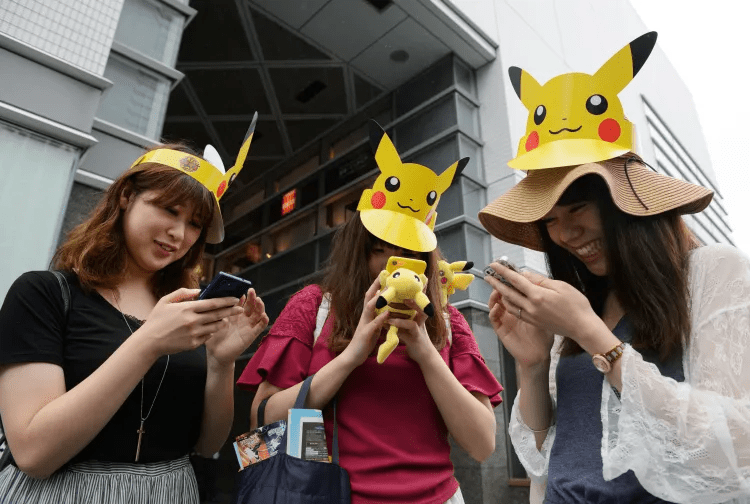The Current State of Spending Among Gacha Game Players
A recent survey conducted in Japan reveals that nearly 20% of individuals aged 20 are willing to sacrifice their daily living expenses to invest in in-game transactions. This spending habit is raising numerous concerns regarding the increasing dependency on digital entertainment, particularly in games with a “gacha” mechanic.

Specifically, according to a regular survey conducted by SMBC Consumer Finance, among 1,000 Japanese individuals aged 20 to 29 surveyed, about 18.8% admitted to overspending on in-game transactions, leading to financial strain that affects their basic living expenses such as rent and food. Notably, the percentage of male respondents (22.8%) was significantly higher than that of female respondents (14.8%). Although nearly 25% of survey participants expressed concerns regarding these spending habits, the number of individuals engaging in “game funding” is still projected to increase by nearly 6% compared to 2024.

Notably, keywords such as: “I am willing to spend money to gain advantages in games” or “I cannot enjoy games without making in-game purchases” are rising among both men and women. This trend indicates a growing consumption pattern in the modern entertainment landscape, where the desire for enjoyment and competition in the digital world is taking precedence over basic needs.
Gacha Games are Redefining Spending Habits
In March 2025 alone, total global spending through the Apple App Store and Google Play reached 6.79 trillion USD. However, well-known titles like PUBG Mobile, Candy Crush Saga, and Pokémon Go account for only a small segment of the extensive array of games that generate substantial revenue.

The proliferation of free-to-play game models that encourage in-app purchases (IAP) has led many players—especially younger audiences—to be willing to spend significant amounts to achieve desired outcomes or enhance their gaming experience. In this context, as technology continues to evolve, the need for financial education and raising awareness about maintaining balance in both real and digital lives has become increasingly essential.





















